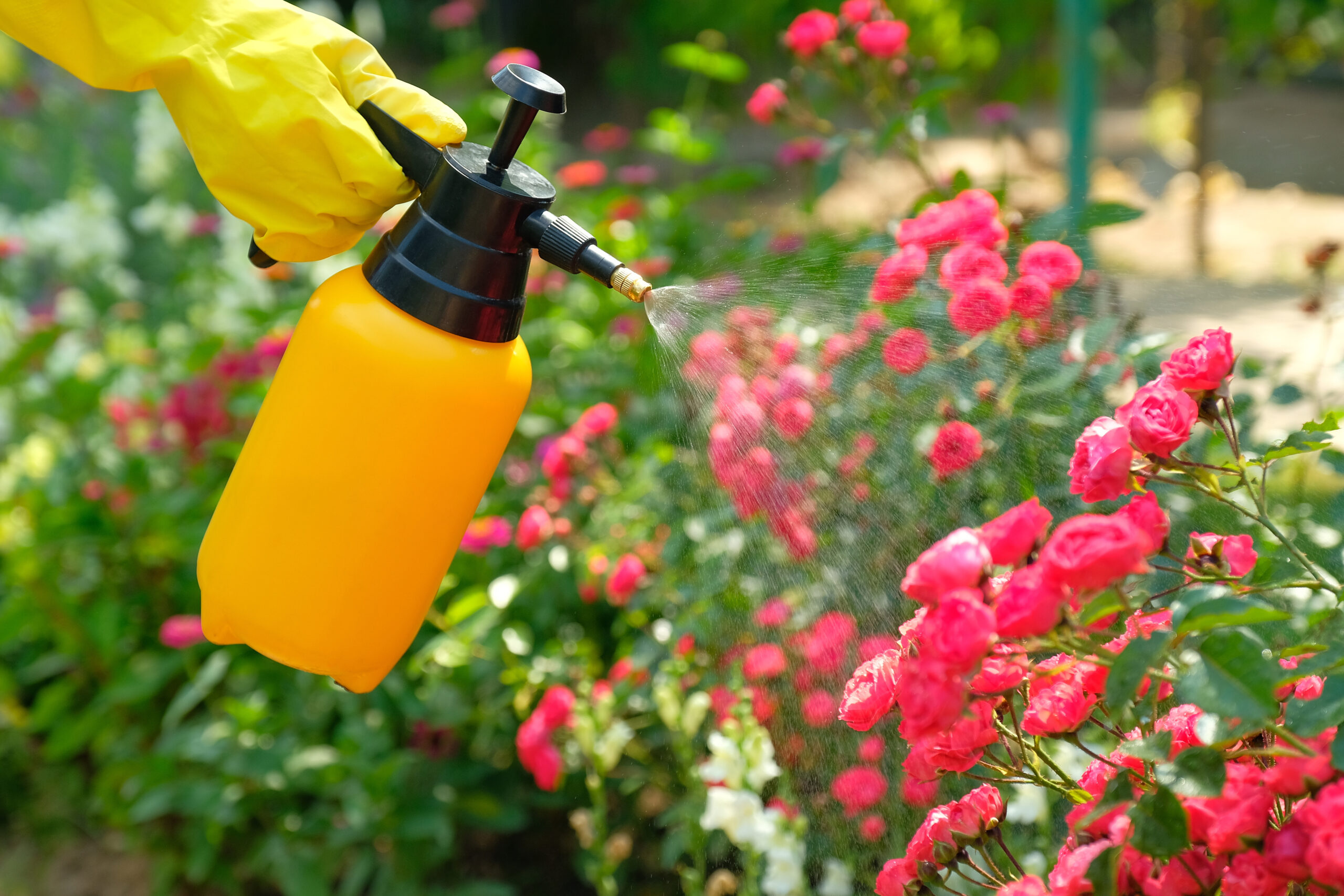Roundup and other chemical herbicides have been the go-to solution for killing weeds in gardens, driveways, and farmlands for years. However, growing concerns over health risks, environmental damage, and soil degradation have led many to seek safer, natural alternatives.
The good news? You don’t need to spend big money on organic herbicides—there’s a penny-priced, safer alternative you might already have in your kitchen!
In this article we explore why you should ditch Roundup and how to make an effective DIY weed killer.
Why Avoid Roundup?
Roundup’s active ingredient, glyphosate, is a controversial chemical linked to:
❌ Health Risks – Some studies suggest glyphosate exposure may be associated with cancer, hormone disruption, and neurological issues.
❌ Soil Damage – Glyphosate kills beneficial microbes in the soil, making it harder for plants to thrive.
❌ Harm to Pollinators – Bees, butterflies, and other pollinators suffer when glyphosate residues contaminate plants and flowers.
❌ Water Contamination – Rain can wash glyphosate into streams and rivers, harming aquatic life.
If you’re looking for a safer, budget-friendly way to control weeds, there’s an easy solution: a DIY natural herbicide made with common household ingredients!
The Best Penny-Priced Alternative: DIY Vinegar-Based Weed Killer
A simple mixture of vinegar, salt, and dish soap can kill weeds effectively—without harming the environment.
Why Does It Work?
✅ Vinegar (Acetic Acid) – Breaks down plant cell walls, drying out and killing weeds.
✅ Salt (Sodium Chloride) – Dehydrates weeds, preventing regrowth.
✅ Dish Soap – Helps the mixture stick to the leaves for better absorption.
DIY Natural Weed Killer Recipe
✔️ 1 gallon white vinegar (5% acidity or higher)
✔️ 1 cup salt (table salt or Epsom salt)
✔️ 1 tablespoon dish soap
How to make it
1️⃣ Mix all ingredients in a spray bottle or garden sprayer.
2️⃣ Shake well to dissolve the salt.
3️⃣ Spray directly onto weeds, coating the leaves thoroughly.
4️⃣ Apply on a dry, sunny day for the best results.
How Well Does It Work Compared to Roundup?
| Feature | Roundup | DIY Vinegar Spray |
| Effectiveness | Kills weeds systemically (down to the root) | Works on contact (may need reapplication) |
| Time to Work | Takes a few days to kill weeds | Works within hours (best on young weeds) |
| Environmental Impact | Can harm soil, water, and pollinators | Safe for soil, but may affect nearby plants |
| Cost | $$ (expensive) | Pennies per use (super cheap!) |
| Health Concerns | Potential health risks | Non-toxic & safer for pets/kids |
- Best for: Driveways, sidewalks, garden edges, and flower beds.
- Not ideal for: Deep-rooted weeds like dandelions (may require multiple applications).
Additional Natural Weed Control Methods
In addition to the DIY spray, you can use these eco-friendly techniques:
🔹 Boiling Water – Pour boiling water directly onto weeds to kill them instantly.
🔹 Mulching – Use wood chips, straw, or leaves to block sunlight and prevent weed growth.
🔹 Flame Weeding – A propane torch can burn weeds (best for gravel areas).
🔹 Hand Pulling – The old-school method still works, especially for deep-rooted weeds.
Stop Putting Up with Weeds
Ditching Roundup doesn’t mean you have to put up with weeds! This cheap, effective DIY herbicide is an excellent alternative that is safer for your garden, pets, and the environment. While it may require more effort than chemical sprays, the benefits outweigh the drawbacks.
🌱 Are you ready to go chemical-free?




